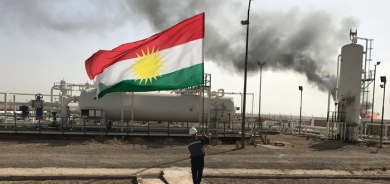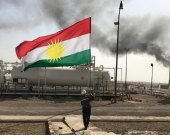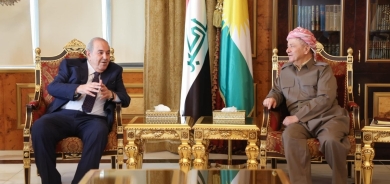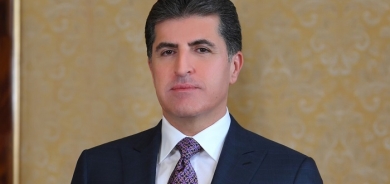Iraqi Prime Minister Criticizes Illegal Poultry Imports from Iran, Calls for End to Smuggling

In a recent development, Iraqi Prime Minister Mohammed Shia’ al-Sudani has voiced strong criticism against the illegal import of poultry through the Bashmakh and Parwiz Khan border crossings connecting Sulaymaniyah with Iran. The call to halt such activities came during a meeting between the Iraqi Prime Minister and representatives from the Kurdistan Regional Government (KRG), shedding light on the pressing issue of cross-border smuggling.
During the meeting held in the Iraqi capital Baghdad, Mariwan Qarani, an Iraqi Member of Parliament from the Kurdistan Democratic Party (KDP), revealed that Prime Minister Sudani addressed the significant financial losses incurred by poultry farms in Iraq and the Kurdistan Region due to rampant smuggling activities. He specifically pinpointed the Bashmakh and Parwiz Khan border crossings, accusing local authorities of involvement in facilitating smuggling operations.
Qarani further disclosed that Prime Minister Sudani urged the Sulaymaniyah authorities to take decisive actions to tackle the smuggling problem effectively. Expressing hope for swift resolutions, Sudani emphasized the importance of curbing illicit trade to safeguard the interests of local businesses and prevent further economic harm.
The issue of smuggling through the Bashmakh and Parwiz Khan border crossings has been a matter of concern for several years. Despite previous attempts to address the problem, including the formation of a special committee by the Kurdistan Region’s parliament, political pressures from local authorities hindered the investigative process. This recent call from the Iraqi Prime Minister underscores the urgency of implementing concrete measures to combat smuggling and uphold the rule of law at the border.
As discussions continue between relevant stakeholders, including governmental authorities and parliamentary committees, the spotlight remains on the need for collaborative efforts to root out illicit trade practices and safeguard the economic interests of both Iraq and the Kurdistan Region.















